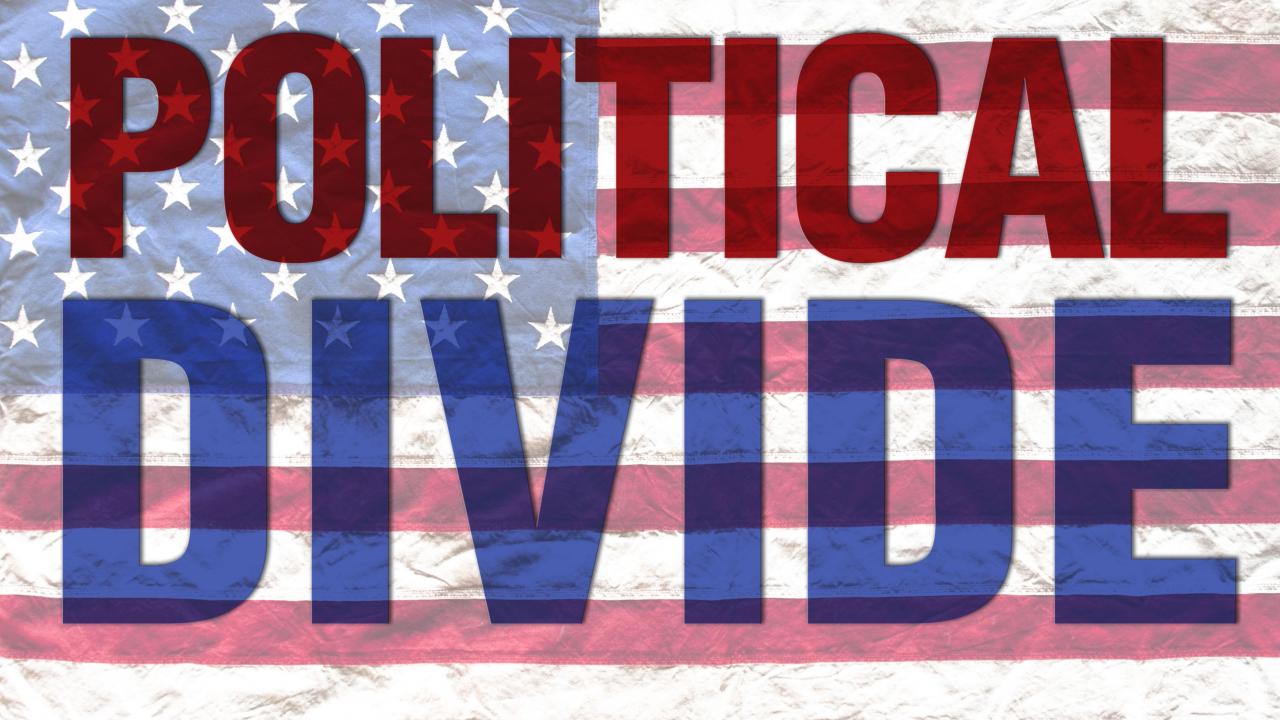Some don't work so well, says professor
This blog post prepared by UC Davis Media Relations Intern Leigh Houck
Eric Rauchway, a UC Davis distinguished professor of history, discussed the transition between the Hoover and Roosevelt administrations in a recent podcast “The Rocky Transition from Hoover to FDR: How FDR Overcame the Odds,” produced by the Transition Lab. In the podcast, he says that there was a general lack of policy collaboration and compromise between the two administrations.
But FDR overcame the odds.

Rauchway, whose research focuses on the New Deal, discusses the importance of the four-month period before Franklin Delano Roosevelt took the oath of office. Hoover, he said, regarded the New Deal as radical and illegitimate, and Roosevelt himself as immature and ill-informed. Hoover believed the New Deal would fail and the American people would vote him back in office.
Roosevelt, however, had run for office on the New Deal and did not want to break his promises. In addition, the time period was generally tumultuous with several international crises: Tthe Great Depression, an international economic crisis, and Hitler coming to power in Germany.
The Partnership for Public Service looks into effective handovers of power, and cooperation between former and incoming presidents.
The Transition Lab podcast is hosted by the director of the Partnership for Public Service.
